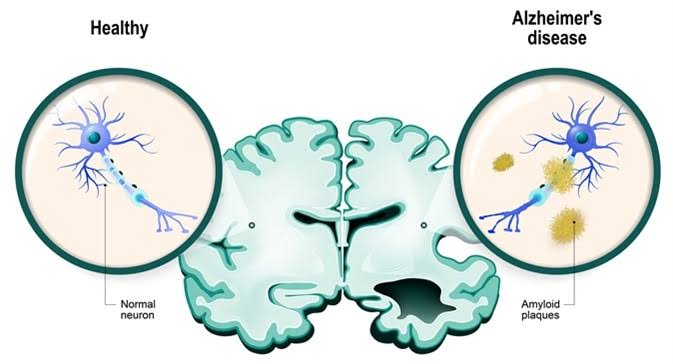Alzheimer disease and types

Alzheimer disease is a progressive neurological disorder that affects the brain, particularly the areas of the brain involved in memory, thinking, and behavior. It is the most common cause of dementia, a group of symptoms that impact cognitive abilities, including memory loss, impaired judgment, and changes in behavior.
The exact cause of Alzheimer’s disease is still not fully understood, but it is thought to be a combination of genetic, environmental, and lifestyle factors. Some of the known risk factors for the disease include age, family history, head trauma, high blood pressure, and high cholesterol.
Types of Alzheimer disease
There are several types of Alzheimer disease, each with its own unique features and characteristics. Here are some of the most common types:
- Early-onset Alzheimer’s disease: This type of Alzheimer’s disease occurs before the age of 65 and is relatively rare, accounting for only about 5% of all cases. It tends to progress more rapidly than other forms of the disease.
- Late-onset Alzheimer’s disease: This is the most common type of Alzheimer’s disease, accounting for more than 95% of cases. It typically occurs after the age of 65 and progresses slowly over a period of several years.
- Familial Alzheimer’s disease: This is a rare form of Alzheimer’s disease that is inherited in an autosomal dominant pattern, meaning that a person only needs to inherit one copy of the gene from one parent to develop the disease. Symptoms usually appear in a person’s 30s, 40s, or 50s.
- Mixed dementia: This type of dementia is a combination of Alzheimer’s disease and another type of dementia, such as vascular dementia or Lewy body dementia.
- Early-stage Alzheimer’s disease: In this stage, a person may experience mild memory loss and have difficulty with problem-solving and decision-making.
- Middle-stage Alzheimer’s disease: In this stage, a person may experience more pronounced memory loss and have difficulty with basic activities of daily living, such as dressing and bathing.
- Late-stage Alzheimer’s disease: In this stage, a person may have significant memory loss, have difficulty communicating, and require round-the-clock care.
There is currently no cure for Alzheimer’s disease, but there are treatments that can help manage the symptoms and improve the quality of life for people with the condition. These may include medications, such as cholinesterase inhibitors and memantine, as well as lifestyle changes, such as regular exercise, a healthy diet, and social engagement.
Research into Alzheimer’s disease is ongoing, with a focus on understanding its underlying mechanisms and developing new treatments.


